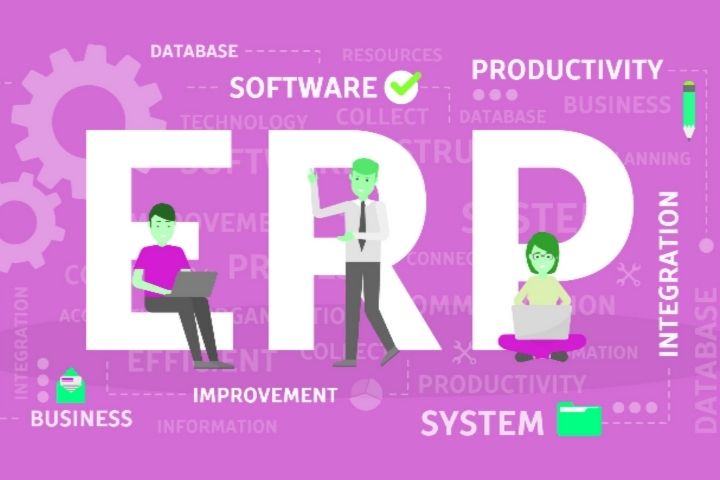Implementing an ERP in a company is an expensive process, but above all it is complex. It is normal that when deciding to implement an ERP in the company all kinds of doubts arise about its viability or if it is really going to help me improve productivity and have more exhaustive control over all the processes that help me grow. And it is no wonder, the implementation of a business management system usually takes between 3 and 12 months to have it fully operational.
Both due to the large amount of resources required and the time it consumes, the doubts that the start of a process of this magnitude may generate are more than justified. Why should I implement an ERP in my company?
Table of Contents
What Do I Gain As A Company If I Bet On An ERP?
1.- You make decisions with real and updated information
An ERP is nothing more than a software that brings together some of your company’s processes and from which you can manage accounting, production, inventory, logistics and shipments. These programs allow you to create a shared database with which to extract information that managers can use to improve the decision-making process .
By having this updated information, estimates and decisions about the business can be made in a much more accurate way. You can also anticipate future scenarios and adapt production rates, or staff, to meet demand by taking advantage of historical information.
2.- You avoid duplicating processes or tasks
If your company does not yet have an ERP, it is common to see how departments act with a certain independence, sometimes creating duplicate reports. With an enterprise resource planning system, the uniqueness of the information is obtained since the interdepartmental information is unified and accessible to all those involved in the same place.
The system is able to know what information is relevant for each department and, for example, show the orders pending delivery when creating an invoice, in order to have an overview of the customer when sending the invoice by email .
3.- You get a history of tasks
In addition to being able to make decisions in a more realistic way, with a system of this type you can have a history of the tasks that each person has performed and know their status at all times. The software records all the status changes of a task, also allowing the inclusion of explanatory notes or comments.
The same is true in the case of the manufacturing department. You can have a real-time history of what happens from the moment a raw material is received by the warehouse until it is delivered and processed to the customer.
4.- ERP adapts to your company
As we said at the beginning of the article, the implementation of an ERP system usually takes about 12 months. It is a complex process in which the entire company must be analyzed and the specific needs of each department must be known in order to create and adapt a system that is usable in all areas of the business . When installing a system of this caliber, the figure of a consultant is crucial. He is the person who will be in charge of detecting all the needs to be able to design an ERP that adapts to your company and the needs of each of its departments.
A business management system is made up of modules that you can implement and uninstall according to your needs. If your company evolves in the future, you can adapt your ERP by including new modules or modify or eliminate existing ones. An ERP solution must adapt to your company, not the other way around.
5.- Improve internal communication
By having all the information unified under the same system, interdepartmental communication is improved thanks to the fact that the information is accessible and updated immediately for all those involved. In the short-medium term, the meetings become much more productive and less time is spent in knowing the current status of each of the tasks, becoming meetings in which problems are solved or strategies are designed.
6.- Task automation
As we already mentioned in the blog, the automation of tasks allows to manage interdepartmental tasks in a much faster way. With an ERP solution you can create workflows to streamline repetitive tasks or, in the case that includes different people involved, create a flow that runs through and notifies the different stakeholders that you can now work on that task to streamline the process and that the task is not forgotten.
7.- Improve the competitiveness of my company
With an ERP you have all the information in one place, as we have already seen, it also allows you to avoid duplicating processes and even to be able to automate tasks. If we add all these factors, it can be translated into that with the integration of an ERP solution in the company you can improve competitiveness . In this way, with cost reduction we can:

